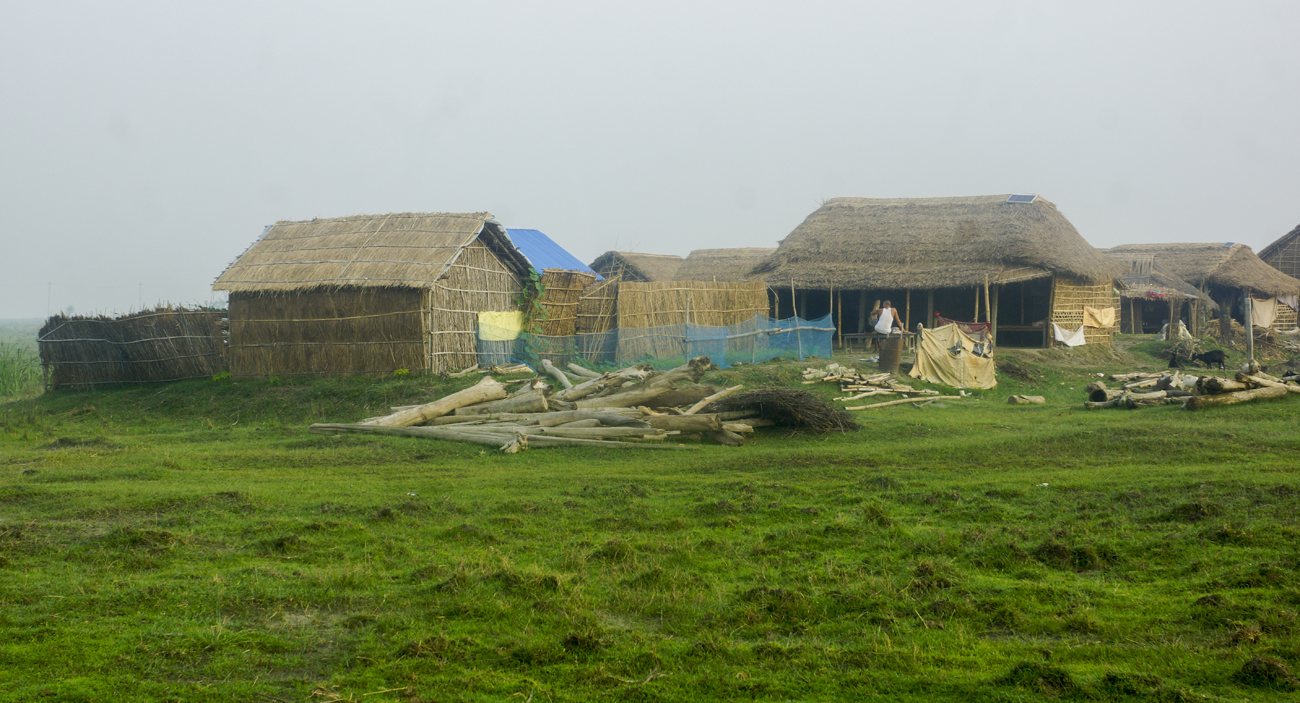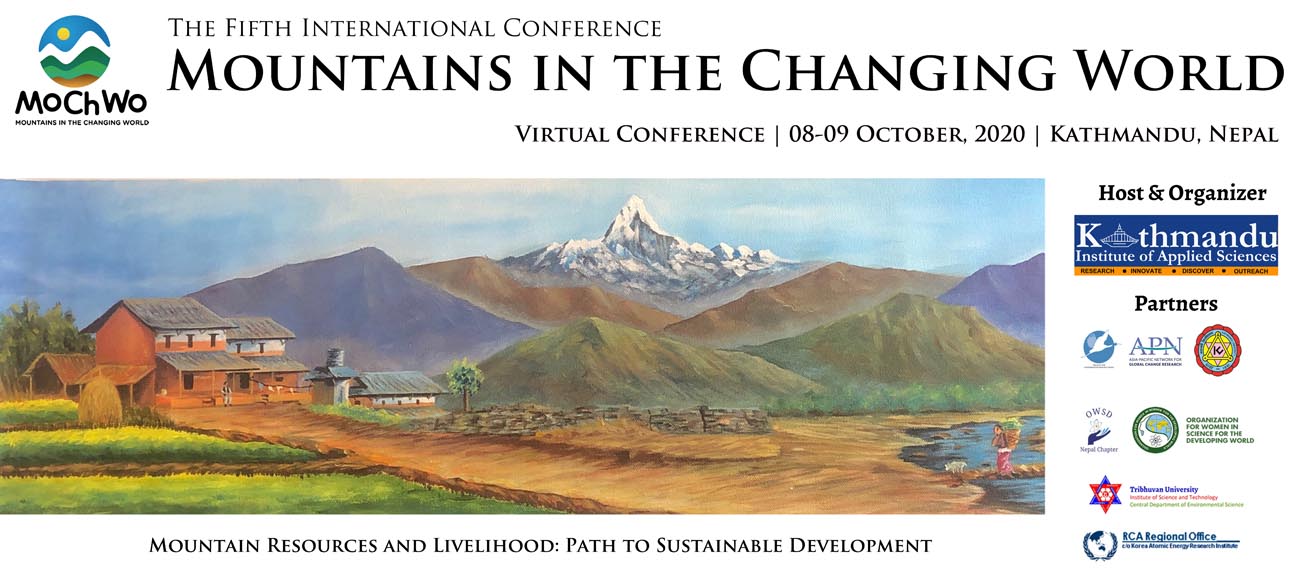News & Activities
Global scholars voiced for health equity and science-led public policy to cope with future pandemics

Press Release: Perspectives of scholars on the origin, spread and consequences of COVID-19 are diverse but not polarized
The coronavirus disease 2019 (COVID-19) has shaken the foundation of global economic, social, and health systems. There is an urgent need of a broad consensus about how and why COVID-19 impacted on such an unprecedented scale and what measures are needed to contain such pandemics in the future.
A global survey among international research scholars across 131 countries determined a pattern of perspectives on the origin, spread and consequences of COVID-19. The results have been published on June 15, 2022 in the Humanities and Social Sciences Communications journal published by Springer Nature.
With a global survey of scholars, we were able to determine dimensionality of perspectives that overwhelmingly call for health equity and science-led policy with emphasis on economy and ecology. A complete integration of the ecological approach in our current affairs is also needed to cope with COVID-19 and similar pandemics in future.
– Prakash K. Paudel, Senior Scientist at Kathmandu Institute of Applied Sciences and principal investigator of the study
The World Health Organization (WHO) declared COVID-19 outbreak a public health emergency of international concern on 30 January 2020 to intensify the global preparedness and later declared a global pandemic on 11 March 2020. The governments across the world implemented disparate policies based on their social, economic and poltical systems to prevent further aggravation of risks due to such pandemics. However, ad-hoc and sporadic actions by goverments to cope with such pandemics may not produce sustainable solutions. This necessitates the need for a broad consensus about what is needed in the post-COVID-19 world.
The researchers identified three dimensions of thinking – the first dimension relates to public health and has widespread support, and the second dimension relates to science-led policy development focusing on social justice and environmental governance, covering components of both ecology and economy. The third dimension covers the role of nature conservation in reducing the risk of pandemics.
This study by a team of researchers from tweleve countries found highest consensus among scholars on statements related to improving public health infrastructure and delivering economic support whereas ecological prompts received the lowest support.
We believe these results have a global significance while formulating national, regional and international development and health related policies, including strategies targeted at meeting sustainable development goals in this increasingly challenging global environmental change.
For further information:
Dr. Prakash Kumar Paudel, pk.paudel@gmail.com
Article available at: https://www.nature.com/articles/s41599-022-01216-2


